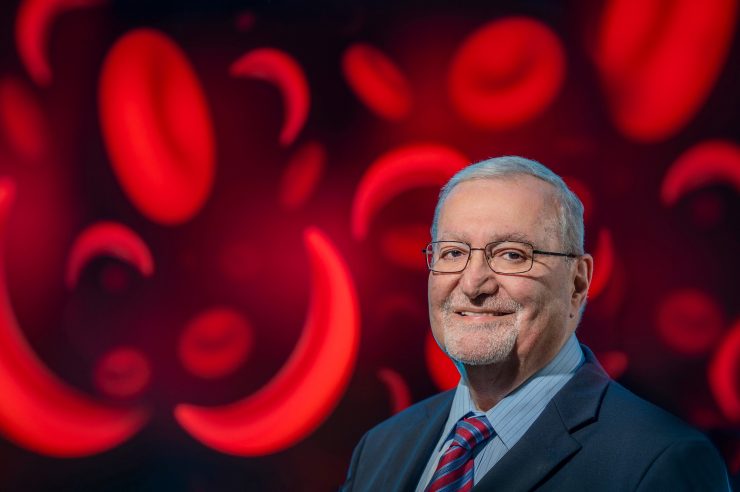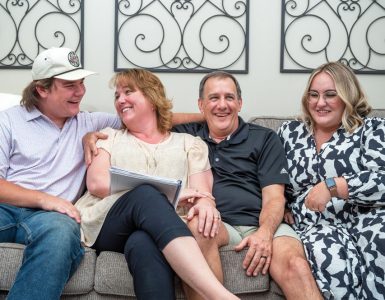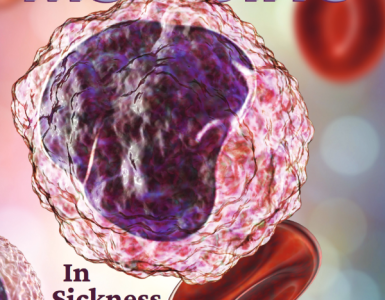A class of drugs used for their ability to stop tumor cells from dividing is now under study for their potential to reduce the pain and damage caused by sickle cell disease, investigators report.
The drugs are called HDAC inhibitors, and the investigators have early evidence one called panobinostat can reactivate after birth the gene that produces fetal hemoglobin, which cannot sickle, says Abdullah Kutlar, MD, director of the Center for Blood Disorders at the Medical College of Georgia and Wellstar MCG Health.
Hemoglobin is the oxygen-carrying component of red blood cells, and with sickle cell disease it’s inefficient at this fundamental role. Potentially devastating consequences include frequent pain attacks from blockages particularly in small blood vessels produced by the also oddly shaped, sticky red blood cells. Many patients experience a rapid breakdown, or hemolysis, of their red blood cells. Anemia, damage to major organs and a shortened life expectancy can result.
Histone deacetylases, or HDACs, are enzymes that are among the many ways gene expression gets turned down, a natural process for some genes, like the gamma-globin gene that makes fetal hemoglobin, as we move from childhood to adulthood.
Fetal hemoglobin enables a developing baby to capture oxygen from mother’s blood while the beta-globin gene produces adult hemoglobin that carries oxygen. Within the first few months after birth, most babies have little to no fetal hemoglobin.
Kutlar and Betty Pace, MD, Francis J. Tedesco Distinguished Chair of Pediatric Hematology and Oncology and a sickle cell researcher, are co-principal investigators on a three-year, $2.3 million grant (R33HL162681-01) from the National Heart, Lung and Blood Institute, funding an early stage clinical trial to see if the HDAC inhibitor panobinostat can turn that fetal hemoglobin gene back on in adults to directly address the fundamental problem of inefficient oxygen delivery.










